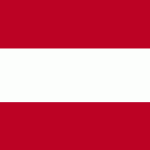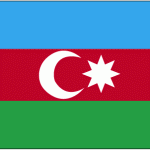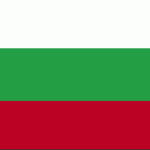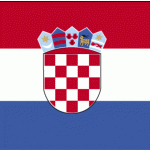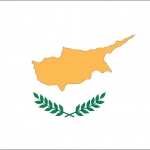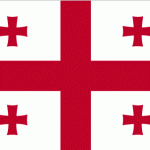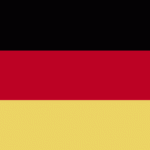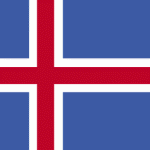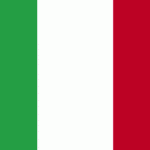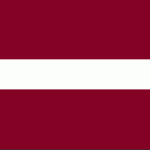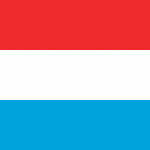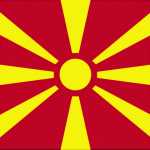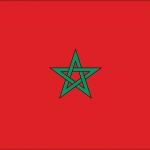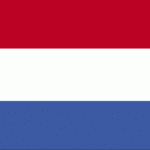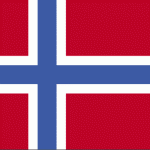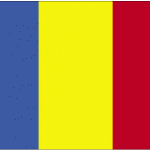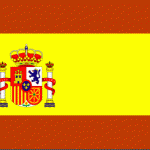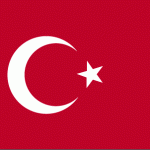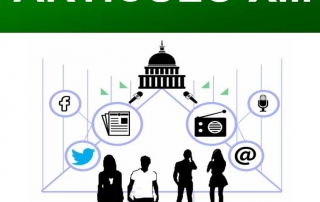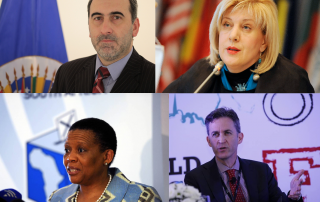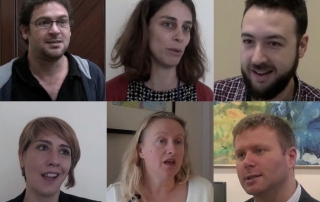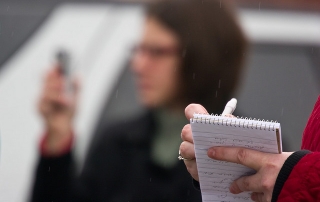WHO REALLY OWNS THE MEDIA?
IN ONLY 9 OUT OF 20 COUNTRIES CAN THE PUBLIC FIND OUT WHO THE
REAL OWNERS OF THE BROADCAST MEDIA ARE
YOU HAVE A RIGHT TO KNOW!
Why do we want this information?
Do you still have questions about why we need to know who owns the media? Check out our FAQs!
THE TEN RECOMMENDATIONS ON
TRANSPARENCY OF MEDIA OWNERSHIP
1. Disclosure of essential basic information
2. Information is findable and free
3. Information is regularly updated
4. Data is reusable and in open formats
5. Progressive increase in transparency
6. Transparency of influence
7. Clear and precise legal framework
8. Oversight by an independent body
9. Direct disclosure to the public
10. Transnational access and comparability
Download the Recommendations in full (.pdf), and scroll down for the country-by-country analysis
WHO ELSE THINKS TRANSPARENCY OF THE MEDIA
IS IMPORTANT?
Media transparency is important for those who are consuming media. If I’m reading a newspaper, or watching television, I would like to know who is providing me with this information.
Media products can affect and influence the way people think, what decisions people take, and so knowing who is behind the media, or a media enterprise, is key to a transparent society.
Every media transports some kind of opinión, some kind of mindset, and since media are so strongly involved in the creation of mindsets, in the influence of what people think, it’s important to know who are the people that tell you what to think.
I can’t think of any reason at all why the public or society at large should not know who owns any media organisation.
The civil society has the right to know who is speaking to them.
The media scene has changed globally, everywhere, and you have a situation where there’s so many ways of sophisticated pressures.
Country-by-Country Research and Analysis
Contact us if you are interested in researching the transparency of media ownership in your country.
WHO ENDORSES THE RECOMMENDATIONS AND
JOINED THE CAMPAIGN?
Check out who else has signed up to support the recommendations
International CSOs
Access Info Europe
African Initiative for Communication and Freedom of Expression
Corporate Europe Observatory
Freedom Forum
Open Society Program on Independent Journalism
Publish What You Pay
Sunlight Foundation
The MediaWise Trust
Universal Rights Network
Xchange Perspectives e.V.
Individuals
Ana Revuelta Alonso, Researcher
Carlos Pallarol, Journalist
Reynaldo Castro Melgarejo, Researcher
Media
Eldiario.es
Private companies
Openwise PC
National and other CSOs
ACEP
ALBANIAN MEDIA INSTITUTE
Amis de la Terre Isère
Association Funky Citizens
Association of Journalists of Macedonia
Bangladesh NGOs Network for Radio & Communication (BNNRC)
Berne Declaration / Erklärung von Bern
Campaign for Press and Broadcasting Freedom
CDDI
Civil Control for Animal Defense
Civio Foundation
D.A.T.A.
European Federation of Journalists
Forum Informationsfreiheit
Fundación Civiliter
Fundación Economistas sin Fronteras
GONG
Independent Association of Georgian Journalists
Independent Media Trade Union of Ukraine
Informace pro vsechny
Institute for Development of Freedom of Information (IDFI)
Investigative Journalism Center, Zagreb-Croatiater
K-Monitor (Hungary)
Media Reform Coalition
Mertek Media Monitor
National Council for Radio and Television (Greece)
Nexus Research
ONG Moral
Opcions
Palestinian center for development and media freedoms-mada
Peace Institute Ljubljana
Press Council of Kosovo
Press Institute of Mongolia
Public Association Center for Promotion of Freedom of Expression and Access to Information
Qué hacen los diputados
République Citoyenne
Right to Information Assesment and Advocacy Group
Solidaridad Postal
Transparency International Ukraine
MEDIA OWNERSHIP TRANSPARENCY LATEST NEWS
Propiedad de los Medios de Comunicación: Necesidad de Estándares de Transparencia
This article was originally published in Artículo XIII - Informe Estatal de los Medios de Comunicación. El Problema de la propiedad de los medios en Europa En Europa, informar a los reguladores mediáticos sobre quién es el verdadero propietario de un medio de comunicación no está considerado como un requisito en la mayoría de los países. Esta conclusión se desprende
Special Rapporteurs on Freedom of Expression called to endorse Transparency of Media Ownership
Madrid/Brussels, 29 April 2015 – To mark World Press Freedom Day (3 May 2015), Access Info Europe, the European Federations of Journalists, and the International Federation of Journalists have called on the five Special Rapporteurs on Freedom of Expression[1] to endorse the Ten Recommendations on Transparency of Media Ownership[2]. The recommendations, developed during three years of research by Access Info
Join the Campaign for Transparency of Media Ownership
» In only 2 out of 20 countries analysed is it possible to know who really owns the media. » In 10 out of 20 countries not even the media regulators know who really owns the print media and for online media this figure drops to 6. Madrid, 4 March 2014 – Today Access Info Europe is opening for signature
Transparency of Media Ownership FAQs
If we do not know who the owners of media companies are, it is impossible to take steps to address excessive media concentrations and conflicts of interest. For example, prior to amendments in the law requiring disclosure of media ownership in 2011, the leading national broadcasters in Georgia were seen as mouthpieces of government and their real owners were
Who Owns the Media? Sometimes No One Knows
This post was originally published in the Open Society Foundations website. London, 11 February 2015 - Southeastern Europe suffers from some of the world’s least transparent media ownership. In a Mapping Digital Media (MDM) report on Macedonia in 2012, Roberto Belicanec and Zoran Ricliev wrote that "there are no formal or legal requirements for media, other than broadcasters, to disclose
Report on Transparency of Media Ownership by Leading Media Policy Expert
Madrid, 31 October 2014 - The 10 Recommendations for Transparency of Media Ownership (TMO) are currently "the most refined checklist of relevant criteria on TMO and the ideal starting point to discuss action points," according to a background report written for the Parliamentary Assembly of the Council of Europe (PACE). The report by Peggy Valcke, one of the leading experts

